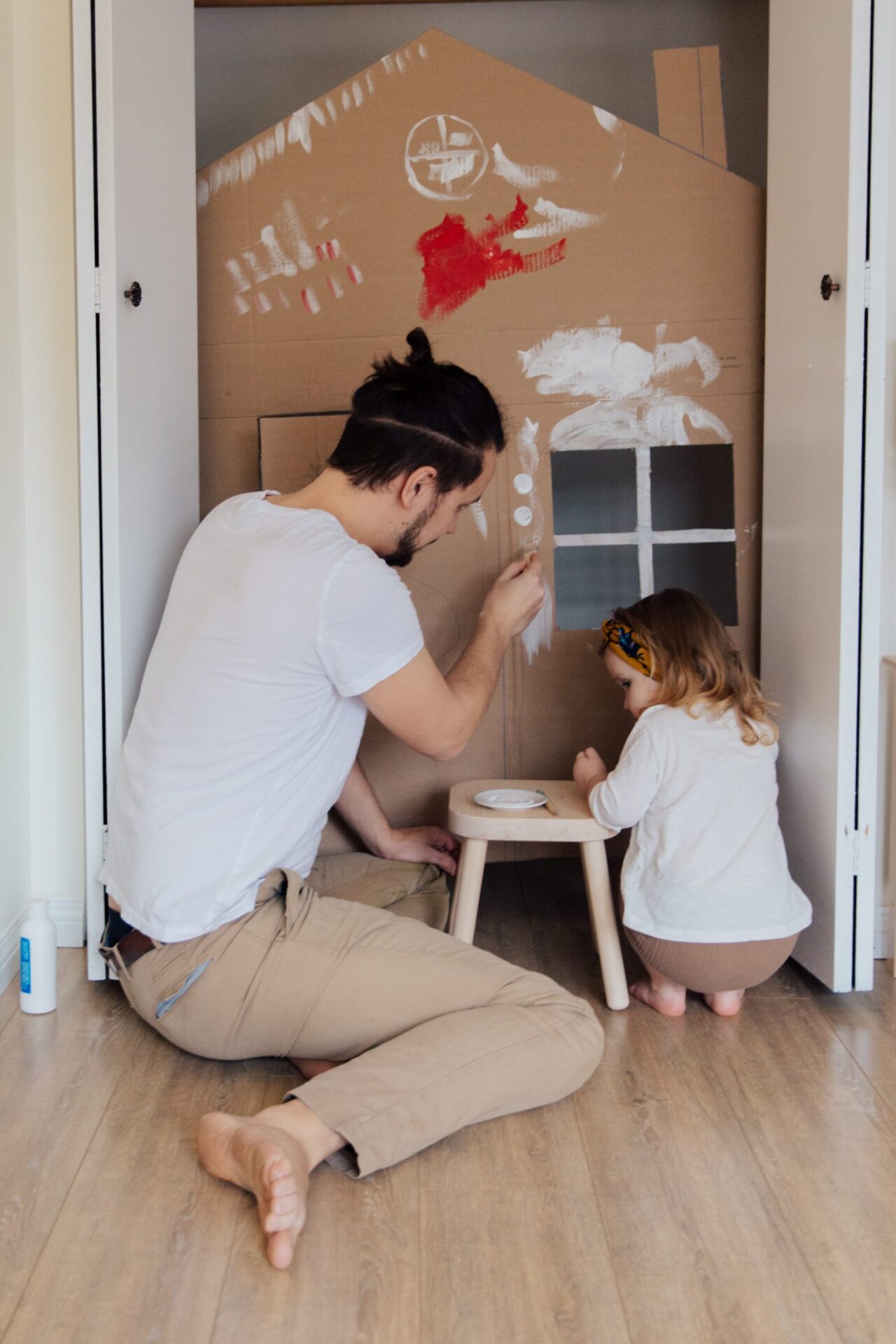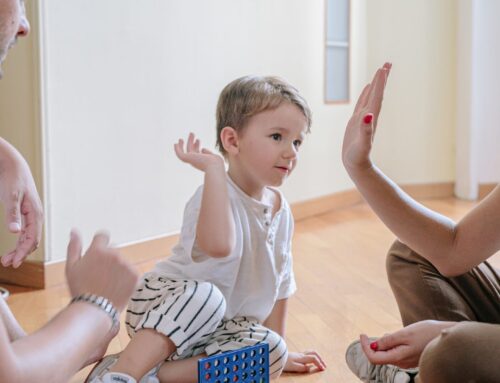How to engage when your child doesn’t like your ideas
By Emma Thomas
Some children want to join in everything we suggest; yes – they’d love to go outside, yes – let’s do a puzzle, even yes – they want to help wash the dishes! But sometimes we are up against a wall of ‘NO’; no – they don’t want to play with blocks, no – they don’t want to paint with us, no – they don’t even want to go on the swing! We know that spending quality time together is important to our relationship with our children but it can be hard to engage if we feel like we are getting constant push back against our ideas.
The first thing to consider is that each child is their own individual person, with their own likes and dislikes, preferences and opinions. If we are struggling to connect with our children through activities, sometimes it’s a sign that we need to stop and look at the world from their perspective. This will give us a better understanding of where they are at and what their interests are.
The following suggestions won’t work with every child but I hope there are some which will help you to continue to build your relationships.
Worry
Worry, anxiety and lack of confidence are one of the main reasons that children (and adults!) avoid doing new things. When you invite your child to participate in a new experience, or even just something that is out of their normal routine they might freeze up.
While you might be excited about playing a new game with your child, they might be worrying that they don’t know the rules. When you suggest a turn on the swing at a new park (because they love the swing at your normal park!) they might be feeling overwhelmed by the differences.
We never want to think that our child would be experiencing worry or anxious thoughts, but if you see a pattern of avoidance of new activities then this is something to consider.
Thankfully there are many great resources to support children and families.
- Check out ‘The Brave Program’ from the University of Queensland. This program teaches skills and techniques to support children and help them overcome anxiety.
- Read some books together like ‘How Big Are Your Worries Little Bear?’ or ‘Hey Warrior’. This will help children to understand that they are not alone and will give them the language to express themselves. https://e2epublishing.info/blog/10-best-books-anxiety
- Talk to your GP or seek further help from a counsellor or child psychologist.
I’m in Charge!
Some children just don’t want to do what we suggest, because they didn’t suggest it themselves! With these strong personalities it can be best to save our negotiations for things which really matter (like brushing teeth or wearing a helmet when riding). We can let them take the lead in other areas, like choosing what games to play together or which park we should go to. Letting children make their own decisions where possible helps them to more readily follow instructions when needed. If you’ve got a specific activity you want to do together you could try leaving it out for your child to spot or just start doing it yourself and see if they want to join in.
Interests
The last thing to consider is that our children might just have different interests to us! I love to read and I hope that my daughter will enjoy reading as she grows up, however I’ve never been that interested in (or good at!) sport where as she is already loving it! As your children grow you might find that they are interested in very different things than you were growing up. But when we take time to step into their world, it really makes a difference. When those around us take the time to truly see us, to understand our likes and dislikes, and engage with us where we are at, that is what is most important.









